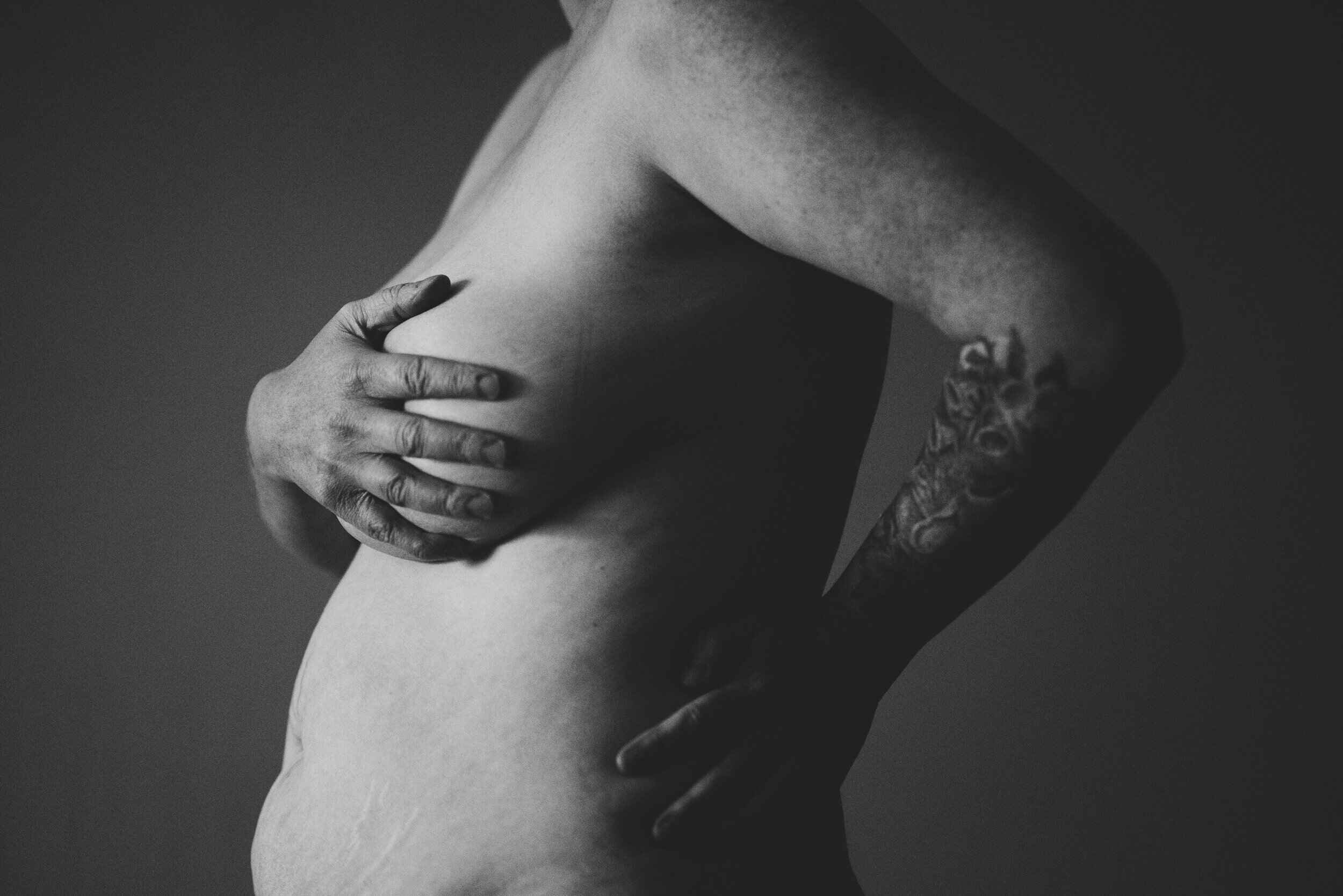
Wildfire Journal Themes & Submissions
Upcoming Themes & Production Calendar
THE SECOND TIME AROUND (DIAGNOSED 2X)
April/May 2025, Vol 10, Issue No. 2
Submission Deadline (extended): CLOSED Publication: April 19, 2025
annual BODY
June/July 2025, Vol 10, Issue No. 3
Submission Deadline: April 25, 2025 Publication: June 21, 2025
Guest editor: Dana Donofree, Founder, AnaOno Intimates
LIVING WELL
Aug/Sep 2025, Vol 10, Issue No. 4
Submission Deadline: June 25, 2025 Publication: August 16, 2025
Guest editor: MJ DeCoteau, Founder + Executive Director, Rethink Breast Cancer
(annual) MBC: PARADOX
October/November 2025, Vol 10, Issue No. 5
Submission Deadline: September 25, 2025 Publication: October 18, 2025
Guest editor: Alyssa Tsagong, Co-Founder of Temple of Kinship
Ready to submit a piece for an upcoming theme?
Submission Guidelines
We are currently accepting submissions about personal experiences with breast cancer.
Here are some things to keep in mind as you write:
-
Wildfire publishes personal narratives from people diagnosed with breast cancer. (Think memoir versus instructional how-to.)
The word count for essays is 650-1,200.
Poems, photography, and artwork are also welcome. (50 lines max for poems.)
Feel free to submit photos with your piece if you like. (Must be 1MB at least to print.)
Although we value originality, we are not opposed to re-publishing stories that have been previously published, particularly if they were previously published on your blog.
You are welcome to resubmit multiple times, even if you have been published in Wildfire before.
If we select your piece for publication we pay $50 for essays and $40 for poetry and artwork. You will also be rewarded a print copy of “your” issue, an invitation to a VIP Launch Party, and a ticket to the live storytelling event associated with the issue. (Events and parties are virtual.) All published pieces will receive a byline and link.
-
Wildfire is an age-specific resource geared to people diagnosed with breast cancer under 50. Therefore, all our writers were diagnosed under 50 (with a few exceptions). If you were diagnosed over 50 but identify with the struggles associated with being diagnosed before menopause (say you have young children or a new career, are dating, etc.) let's discuss your submission idea and see if it fits. Contact us via email at editor@wildfirecommunity.org.
If we accept your article or idea, we’ll send you an email within 1-2 weeks to let you know. Please note that if we agree to read your article based on an idea pitch, we are under no obligation to publish it.
-
Submit via the submission form on this page, or via email to editor@wildfirecommunity.org.
Essays should be in docs or pdf. (No pages files please.)
Please send any supporting photographs and/or artwork to editor@wildfirecommunity.org.
-
Read Wildfire so you know what kind of stories, poems, art, and photography we publish.
Be yourself. Be casual. Tell your story the way you would tell a friend.
Don't tell your entire breast cancer story. Your story isn't your medical file. Instead, pull out a piece of your breast cancer experience and tell that story. If your life is a book, you have many stories within your breast cancer chapters.
Don't submit your first draft. Make sure you've read and re-read your story (out loud helps!). If you can, have a friend read it too.
Don't sweat the grammar. What's more important is what your story is about. Make sure that's clear.
Title your piece.
Salty language is just fine.
Need help discovering the story you need to tell or how to tell it?
Join a Wildfire Writing Workshop!
Make it stand out
-
There is a main character (you) who wants something (or wants to avoid something). Show us what's at stake. What do you stand to gain or lose?
Something happens to the main character — an event or situation — that challenges/conflicts with the main character's original desire.
In the end, there is some sort of resolution: the main character gets what she wants, or doesn't get it, but more importantly, the character learns something or changes because of the situation. Hint: huge transformations can be as tiny as a five-second shift in thinking. Reach for the revelation. Your story must have meaning and change (I thought one thing and then something happened and now I realize this.).
Your story should have both a remarkable situation and an emotional story. (Versus, a this-crazy-thing-happened-to-me story you might tell over dinner.)
-
Write about little moments from your life that illustrate the situation and the emotion. Show us what's at stake and how you progressed toward the transformation that occurred. To really show a scene use your senses. What did it look like? Sound like? Smell like?
-
Everyone who reads Wildfire has also been diagnosed with breast cancer or metastatic breast cancer (MBC). Getting diagnosed isn't your transformation moment. Rather, tell the story that's unique to you and your experience of living beyond that diagnosis day.
-
Whenever possible, show versus tell. (As author Marion Roach Smith puts it: "Show me what you wore to the funeral and I'll know how sad you were.")
Go deep, be vulnerable, be real. In this way you'll write not only an incredible story, but the writing of it will also be a healing experience for you.
For more tips and practice refining your writing skills join one of our writing workshops!
We want to hear your story! Submit to the journal.
Online Submission Form
(Completed pieces only, please.)
Please send any supporting photographs and/or artwork to editor@wildfirecommunity.org.
Keep in mind files must be at least 1MB to reproduce in the magazine.

